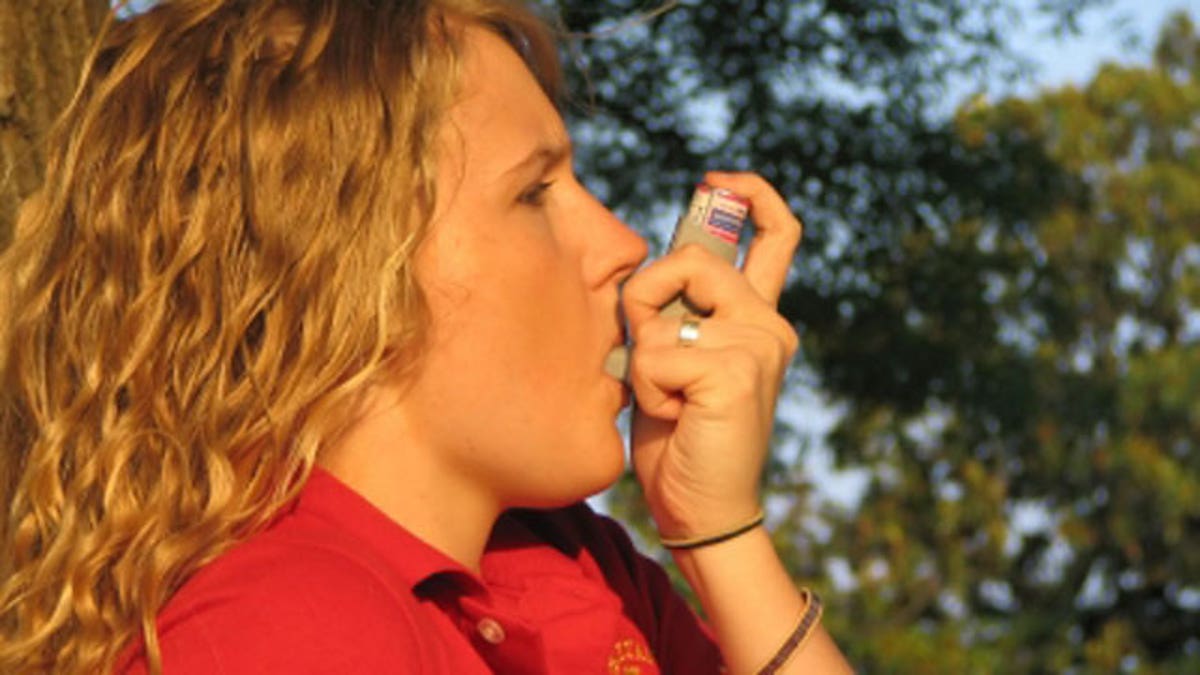
Adults who took inhaled steroids as children to control their asthma may be shorter than they otherwise would have been, but only by a little, U.S. researchers said.
Results of a long-term asthma study found that children who used an inhaled steroid before they entered puberty were about a half-inch shorter as adults than those who did not take the drugs.
Doctors have known since the 1990s that inhaled steroids taken for asthma can delay growth, but researchers had believed these children would eventually catch up.
"This is mostly good news," said Dr. Gail Weinmann of National Heart, Lung, and Blood Institute, a part of the National Institutes of Health, which supported the study.
Weinmann said the drug has been proven over and over to be the most effective for the most people, but there had been this lingering question about its effect on height.
"Now we know what it is. It is a half an inch," she said in a telephone interview.
The study, led by William Kelly of the University of New Mexico Health Sciences Center, is the first to follow inhaled steroid users until they reached their adult height.
Kelly and colleagues studied more than 1,000 children aged 5 to 12 who were treated for mild to moderate asthma as part of a comprehensive asthma study.
The researchers divided the children into three groups: one got twice-daily treatment with AstraZeneca's Pulmicort, known generically as budesonide, an inhaled corticosteroid medication; a second group got nedocromil, an older inhaled non-steroid medication; and a third got a placebo.
The team followed nearly 950 of the children until they reached adult height. They found adults who took the inhaled steroids were slightly shorter than either of the two other groups.
Those most affected had started on steroids before they reached puberty, and the height effect varied depending on dose, with those taking higher daily doses experiencing the biggest effect on height.
"This suggests that finding the minimum dose required to control each child's asthma could help mitigate any potential effects on height," Kelly said in a statement.
The findings were presented on Monday at the European Respiratory Society meeting in Vienna, and published online in the New England Journal of Medicine.




















